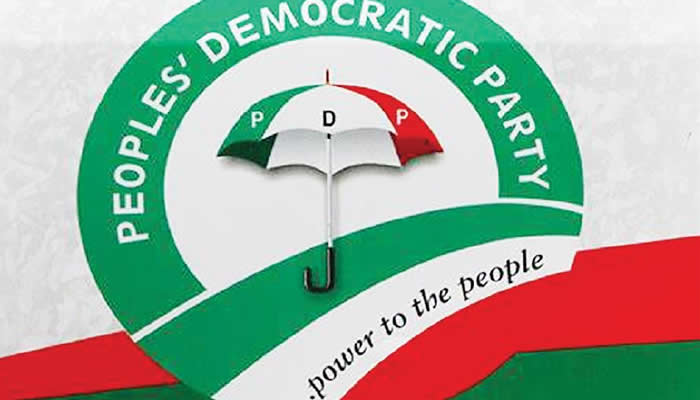The four biggest United States of America banks lost $52bn in market value on Thursday after shares in SVB Financial, a major lender to the tech industry, sank by 60 per cent.
SVB Financial spooked the markets after announcing a stock offering and offloading securities to raise much-needed cash as it struggles with falling deposits.
Deutsche Bank was among the biggest losers on Friday as its shares fell by almost 10 per cent after Frankfurt’s stock market opened, recovering somewhat later to trade around seven per cent lower, reports AFP.
In London, Barclays, Lloyds and NatWest shed as much as five per cent before paring back some losses.
France’s Societe Generale fell more than five per cent while BNP Paribas was down more than three per cent. Switzerland’s UBS and Credit Suisse sank by more than four per cent.
Tokyo-listed Mitsubishi UFJ Financial Group gave up more than six per cent while HSBC lost around three per cent in Hong Kong, as did National Australia Bank in Sydney.
SVB Financial revealed that it had lost $1.8 billion following the sales, raising concerns that other banks could be facing similar problems.
SVB chief executive Greg Becker sought to reassure customers about the bank’s financial health on Thursday, the Wall Street Journal reported, citing people familiar with the matter.
The newspaper said Becker urged them not to pull their deposits from the bank and not to spread fear or panic about its situation.
Central banks worldwide have been hiking interest rates in an effort to tame decades-high inflation.
The higher rates have hurt the value of bonds with lower returns that lenders held before central banks launched their rate-hike campaigns last year.
Banks now face losses if they decide to sell those assets to cover the drop in deposits.
“In theory, the rising interest rates would’ve been a boon for the banking sector as it would top their net interest income, as they would start making money on deposits, yet again,” said Swissquote bank analyst Ipek Ozkardeskaya.
“But the problem is that the interest rates rose too fast,” she said. (The PUNCH)
Advertisement





